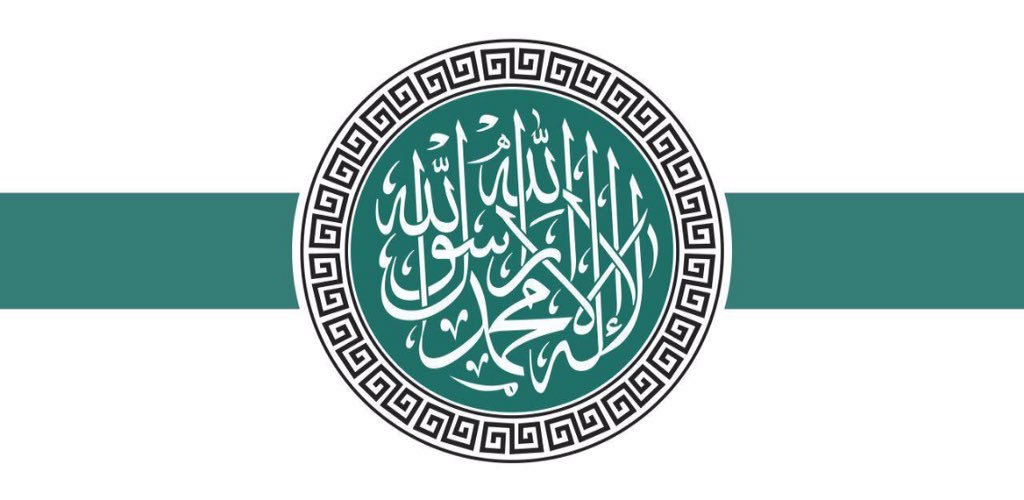Abu Mohammad al-Jolani, the leader of the powerful Islamist Hay’at Tahrir al-Sham (HTS) group that controls large parts of Syria’s northwestern Idlib province, has called for the establishment of a “united administration” between his HTS-controlled territories and Syrian territories controlled by Turkey and its Syrian militia proxies.
Jolani was referring to the Turkish-occupied Kurdish region of Afrin that borders Idlib, which Turkey invaded in 2018, and the so-called Euphrates Shield Zone to its east, which Turkey seized from the Islamic State in Operation Euphrates Shield in 2016-17. Ankara used thousands of former Free Syrian Army (FSA) militiamen as proxies to invade and occupy these territories. These Turkish-backed FSA proxy groups call themselves the Syrian National Army (SNA).
“It is important that there is one authority, one set of institutions, and one authority to administer all the liberated areas controlled by the Syrian opposition,” Jolani said in early August. “These areas controlled by the SNA are still mired in chaos and in security, societal, and political problems in contrast to Idlib province, which has seen growth and solutions to problems suffered by its people.”
It’s unclear if Jolani is actively seeking to expand HTS rule over these Turkish-controlled territories or if his comments were merely rhetorical.
“There have been negotiations ongoing for a while between HTS and the Afrin/Euphrates Shield factions, though the exact purpose has remained a bit murky,” Kyle Orton, an independent Middle East analyst, told Global Comment.
“If those talks are intended as some kind of unity initiative, there is the perennial problem of unity initiatives among insurgents in Syria — even if emplaced in name, the practice rarely takes hold — and Turkey is likely to try to block any such thing because of the politics of allowing HTS to take over the Turkish-occupied areas,” he added.
Orton points out that HTS is still on Turkey’s terrorism list and most certainly on Russia’s, which has actively given air support to Syrian regime offensives against HTS in Idlib. Consequently, agreeing to any so-called “united administration” between HTS-controlled Idlib and Turkish-occupied territories would most likely incur a negative international reaction, with Ankara standing credibly accused of “collaborating with jihadists”.
“All these groups want to continue running their own fiefdoms — they fight each other over territory and resources, so they would certainly resist being vassalised”
It’s unclear if the timing of Jolani’s statement is significant. He could be trying to exert his influence over whatever discussions are ongoing with Turkey’s SNA proxies by making such a statement publicly.
“Alternatively, it is a more routine reaffirmation of HTS’ ambition to be hegemonic over the rebel cause,” Orton said. “Whether it has affected the timing or not, there is a more atmospheric thing, namely the victory of the Taliban, a group HTS is clearly modelling itself after.”
There is some substantive ideological overlap between HTS and the SNA groups, many of the latter are Islamist, and both organizations want regime change in Damascus. Orton believes these factors are less important since “all these groups want to continue running their own fiefdoms — they fight each other over territory and resources, so they would certainly resist being vassalised by HTS.”
At the same time, HTS certainly has some popular support in Idlib and some of these areas under Turkey’s control, thanks in part to its missionary activity.
“Some of it is because HTS is the only insurgent group that can claim to be genuinely anti-regime, even if they haven’t fought it for some time, while the Turkish proxies are bound by Turkey’s non-aggression pact with the regime,” Orton said. “And some of it is what you might call a ‘negative popularity’ because the Turkish proxies have proven so chaotic and predatory.”
He highly doubts that all this translates to significant support in Afrin and the Euphrates Shield Zone for HTS rule over their territories.
Nevertheless, he also believes there might be “a significant minority that has or would have a passive tolerance for HTS as the least-worst option for people just trying to get through the day.”
The Taliban’s swift takeover of Afghanistan this August has invigorated the HTS, which, as Orton pointed out, is a group HTS models itself after.
“Al-Jolani’s statement since the victory of the Taliban expresses his conviction that Islamic struggle and jihad will be victorious in the long run,” Professor Joshua Landis, a Syria expert and Director of the Centre for Middle East Studies at the University of Oklahoma, told Global Comment.
Jolani, he explained, coopted the language of the more ‘moderate’ and less Islamist Syrian opposition groups by speaking in the name of the Syrian Revolution. He also called for unity against both the regime in Damascus and the Western powers.
“Undoubtedly, one of the lessons that he has taken away from the bitter years of Syria’s struggle is the inability of the opposition to unite under one flag and one commander contributed to the failure of the anti-Assad forces,” Landis said.
“Many of factions of the Turkish-backed FSA/SNA proxy militias have come to the same conclusion,” he added. “They look at HTS as a potent ally just as most of them frequently fought in the same trench with al-Jolani against Assad when he headed (the former Al-Qaeda group) Nusra.”
The Taliban victory has given many such hard-line Islamist groups in Syria a morale boost.
“For the various Arab-dominated statelets in the North of Syria to stand a chance of survival, they will have to unite,” Landis said.

